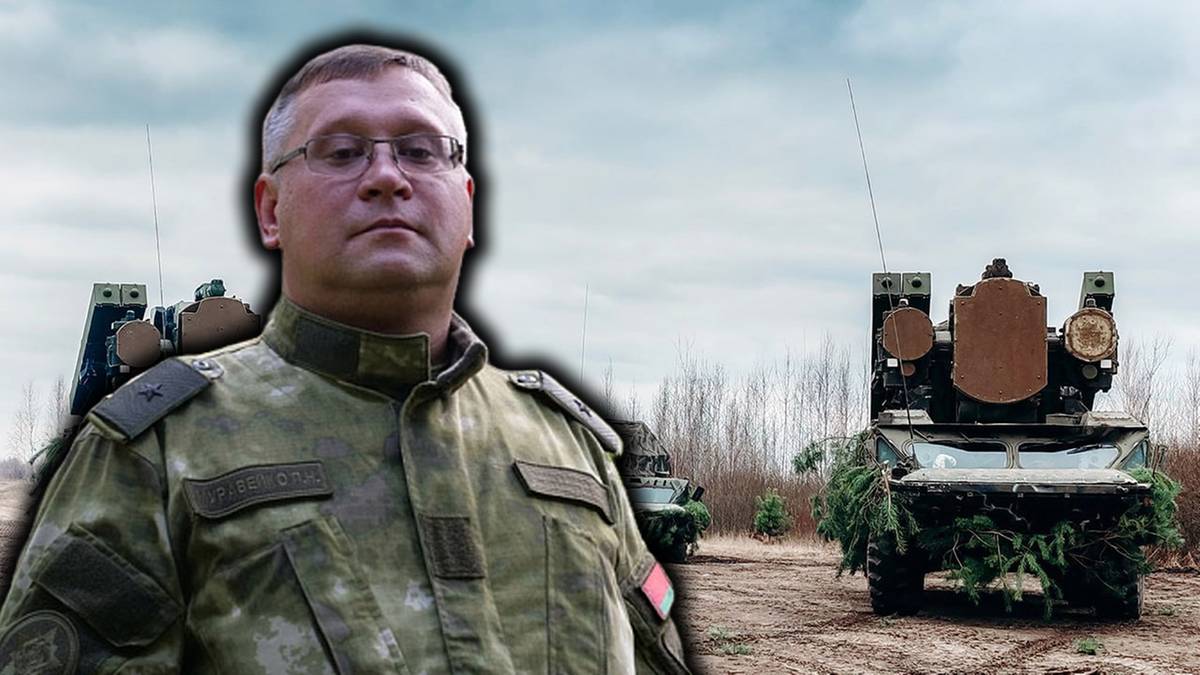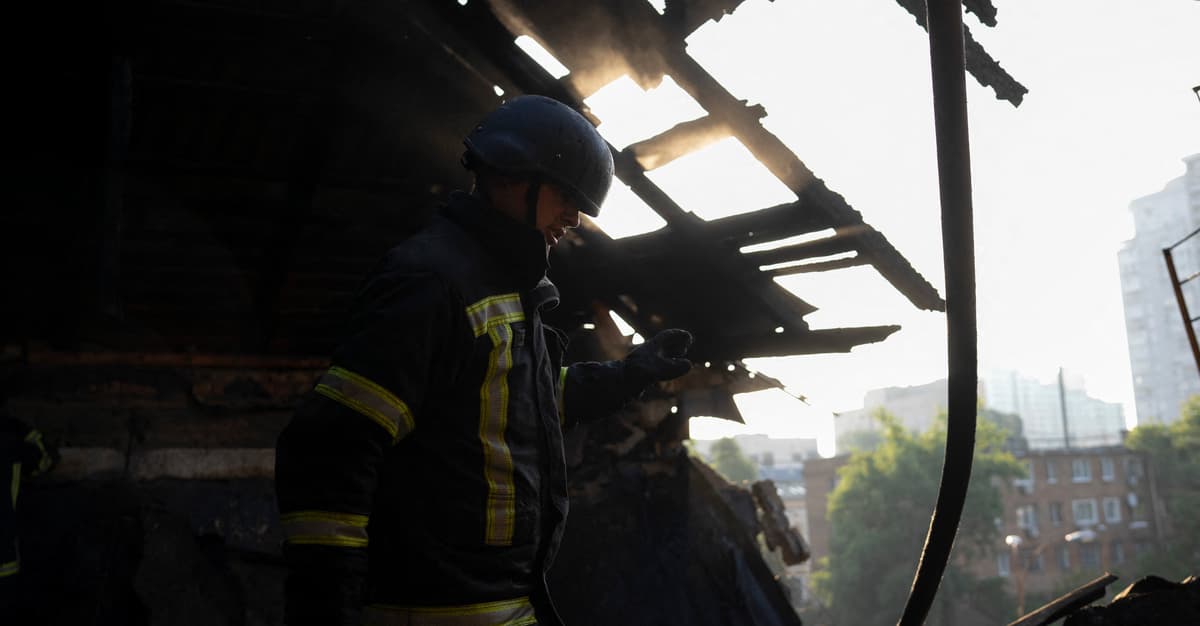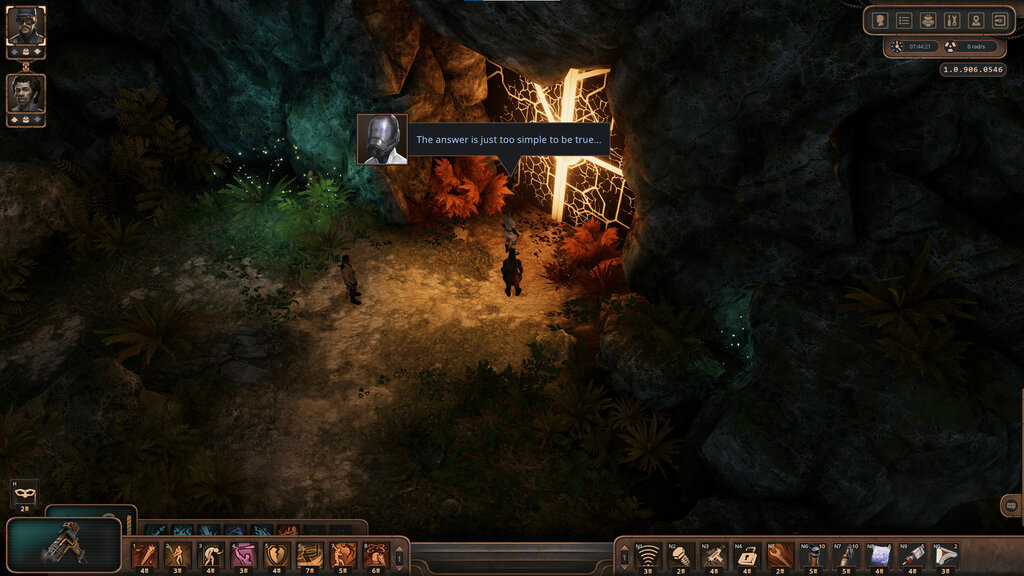I got to know the part of Latvia called Latgalia, formerly the Infinants. During the business 60 1000 Poles lived here. erstwhile I arrived there, Riga itself had about 16,000 of them permanently, and periodically up to 20,000. Massive transports of countrymen were carried out for forced labour at military facilities.
I myself was brought here on 24 June 1942 to work on the construction of the military airport Riga-Spilve. Apart from Riga, large Polish centres were located in Dynaburg (42,000 Poles), Rzezekne (Rezekne) and Libawa. Before the war, Polish schools existed in Riga: primary schools, junior advanced schools (after which general advanced school), in Dynaburg besides craft school, in Rzeszów school for children and besides junior advanced schools. During this time, Poles played an crucial function not only in cities. There were very dynamic scout teams, sports clubs, vocalist choirs and so on.
Because the Latvians felt large aversion to German-baron areaers, Poles were more welcome here as social or political activists. This should be explained by the presence of our countrymen at the time in the Latvian parliament and their advanced state functions (for example, Jan Wierzbicki was a longtime minister of education, later Minister of Home Affairs). 1 of the 2 deputy mayors of Dynaburg was always Polish, and many of our representatives entered the local governments in the elections.
Two mass Polish events brought a large revival in the life of the Polish community: in 1934 the first Polish Olympics from abroad in Warsaw, and a year later the Scout Jamboree in Spale close Warsaw.
All the later guerrillas with whom I encountered in the conspiracy, in the Risca prison and in the Stutthof camp, before the war were active activists of Polonia and the Nazi attack on our country received as a signal of full military mobilization. On-calls in scout teams began, people stormed Polish consulates, demanding that they join the Polish Army.
When it doesn't help, six activists sneak across the border with Lithuania to Vilnius, reporting in the RCU there, and powerfully ask for the mobilisation of all elder scout teams to the Polish Army. After a week they were sent back to Dynaburg, recommending waiting. It was on the way back that a secret organization was created, which was created by Franciszek Czechowicz, Wiktor Wierzbicki, Piotr Spogis, Józef Kokin, Michał Wieliczka and Adam Zubowicz. The commander was Franciszek Czechowicz. Meanwhile, the conspiracy movement began to pervade almost all of Polonia, especially its uglier half.
















